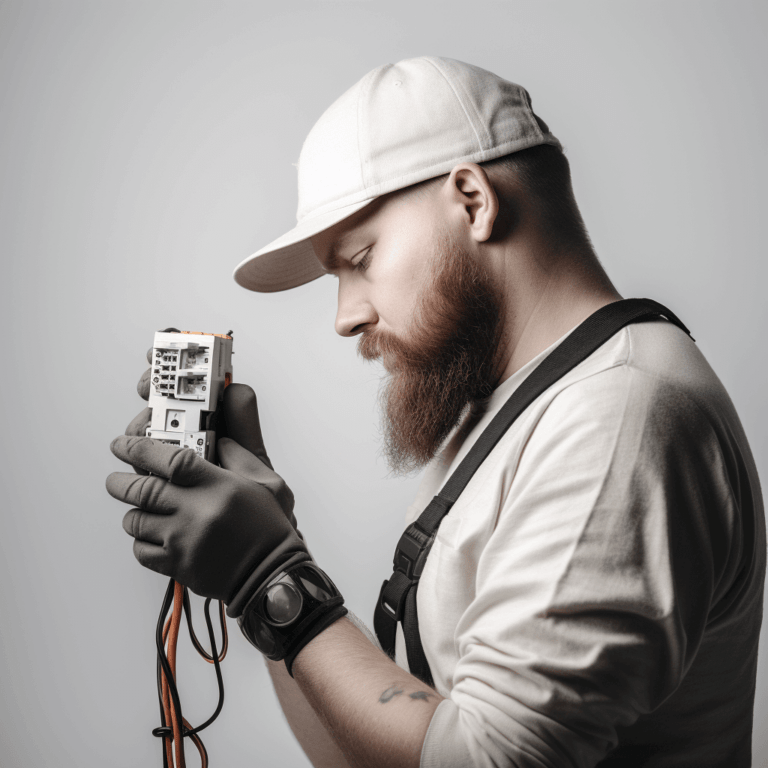Italian Greetings
Learning Italian greetings is essential to create a positive first impression when traveling, working, or socializing with native speakers. Our class offers a helpful guide with step-by-step instructions to learn essential Italian vocabulary related to greetings.
Familiarize yourself with the basics
Begin by learning the most common Italian words related to greetings:
- Hi / Hello / Goodbye (informal)
- Ciao
- (CHOW)
- Hello (formal)
- Salve
- (SAHL-veh)
- Good morning / Good day
- Buongiorno
- (bwon-JOR-no)
- Good evening
- Buonasera
- (bwon-ah-SEH-rah)
- Goodnight
- Buonanotte
- (bwon-ah-NOT-teh)
- Goodbye (formal)
- Arrivederci
- (ah-ree-ve-DER-chee)
- See you soon
- A presto
- (ah PRES-toh)
- See you later
- A più tardi
- (ah pyoo TAR-dee)
- See you tomorrow
- A domani
- (ah doh-MAH-nee)
- Welcome
- Benvenuto/a
- (ben-veh-NOO-toh / ben-veh-NOO-tah)
- How are you? (informal)
- Come va?
- (KO-meh vah)
- How are you? (formal)
- Come sta?
- (KO-meh stah)
- Fine, thank you
- Bene, grazie
- (BEH-neh, GRAHT-see-eh)
- Nice to meet you / Pleased to meet you
- Piacere
- (pyah-CHE-reh)
- Thank you
- Grazie
- (GRAHT-see-eh)
Learn related vocabulary
In this step, you will acquire more vocabulary related to greetings. This will aid you in comprehending and interacting better in different social situations. The vocabulary is grouped into three subcategories: inquiring about well-being, responding to well-being inquiries, and expressing gratitude.
Asking about well-being:
- What’s your name? (informal)
- Come ti chiami?
- (KO-meh tee KYAH-mee)
- What’s your name? (formal)
- Come si chiama?
- (KO-meh see KYAH-mah)
- Where are you from? (informal)
- Di dove sei?
- (dee DOH-veh say)
- Where are you from? (formal)
- Di dov’è?
- (dee doh-VEH)
- How old are you? (informal)
- Quanti anni hai?
- (KWAN-tee AN-nee eye)
- How old are you? (formal)
- Quanti anni ha?
- (KWAN-tee AN-nee ah)
Responding to well-being inquiries:
- I’m fine
- Sto bene
- (STOH BEH-neh)
- I’m not well
- Sto male
- (STOH mah-leh)
- So-so
- Così così
- (koh-ZEE koh-ZEE)
- Not bad
- Non c’è male
- (non cheh MAH-leh)
- I’m tired
- Sono stanco/a
- (SO-no STAN-ko / STAN-ka)
Expressing gratitude:
- Thank you very much
- Grazie mille
- (GRAHT-see-eh MEEL-leh)
- You’re welcome
- Prego
- (PREY-goh)
- You’re welcome (more informal)
- Non c’è di che
- (non cheh dee keh)
- You’re welcome (even more informal)
- Di nulla
- (dee NOO-lah)
- Thank you for your help
- Grazie per il tuo aiuto
- (GRAHT-see-eh pehr eel TOH-oh ah-YOO-toh)
If you want to make a positive impression when traveling, working, or socializing with native Italian speakers, learning Italian vocabulary related to greetings is essential. This guide outlined steps to become familiar with these words and expand your vocabulary with related terms.
Tap the button below to access a complete list of Italian vocabulary with audio.







